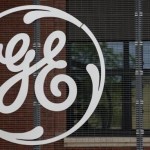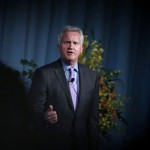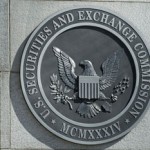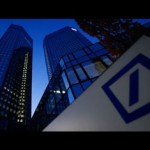Investor Group to Buy GE Capital’s Australia, New Zealand Consumer-Lending Unit
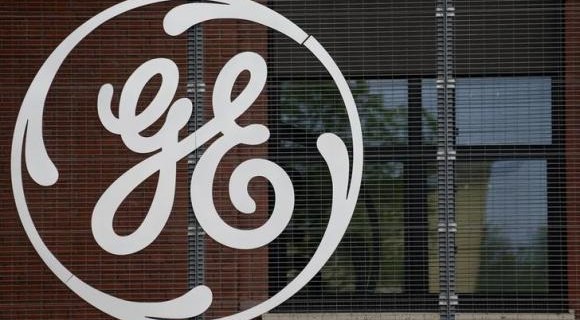
Investors include KKR, Deutsche Bank, Värde Partners, in one of biggest deals in Asia-Pacific this year
In one of the biggest deals in the Asia-Pacific region so far this year,General Electric Co. agreed to sell the consumer-lending business of GE Capital in Australia and New Zealand to an investor group including KKR & Co. and Deutsche BankAG. The pact has an enterprise value, including debt, of about 8.2 billion Australian dollars (US$6.26 billion).
GE continues to shed consumer finance businesses around the world, part of an effort to reduce its presence in banking amid investor pressure to focus on industrial operations like making jet engines, power turbines and CT scanners.
The conglomerate has exited or pared back its exposure to consumer businesses in Japan, Turkey, the Nordic region, Eastern Europe and the U.K. in the years since the financial crisis. Last year, it took its biggest step yet to slim down GE Capital by selling shares in its private-label credit-card and retail-payment plan business in North America, part of a plan to spin it off entirely this year.
The moves have helped shrink GE Capital and make it less risky. But the unit would still rank as the seventh largest U.S. bank, and investors want GE to go further. The Wall Street Journal reported last week that GE, in an acknowledgment of those concerns, was considering making bigger cuts to its banking business, including to its much touted business of lending to midsize U.S. companies, according to people familiar with the matter.
GE Capital’s consumer-finance business in Australia and New Zealand has more than three million customers. It provides personal loans and credit cards, as well as interest-free financing for products sold by local retail partners including housewares and electrical-goods retailer Harvey Norman.
GE Capital will keep its commercial finance unit, which provides loans and leasing to midsize businesses in Australia and New Zealand.
The investor group that is buying the operations also includes $10 billion alternative-investment firm Värde Partners, which has offices in Minneapolis, London and Singapore.
In landing the deal, the KKR, Deutsche Bank group bested several other suitors, according to a person familiar with the matter, including three separate groups involving TPG, Apollo Global Management LLC and Macquarie Group Ltd.
GE’s finance business nearly toppled the company during the worst of the global financial crisis. Since then, GE has scaled back its finance arm, selling off billions of dollars of assets. Yet the company’s stock remains stuck below $30 and the company has underperformed some of its industrial peers that don’t have big lending operations.
At an investor conference in February, GE Chief Financial Officer Jeffrey Bornstein said investors remain concerned about the size and returns of the lending business, and how new bank regulations affect the business’s ability to generate returns.
“We will continue to look at the balance of the portfolio,” Mr. Bornstein said. “A lot of this is going to play out in the next couple of years. We’re focused on being small.”
GE’s chief executive, Jeffrey Immelt, has said he aims to reduce GE Capital’s share of the broader company’s profit to 25% in 2016 from 42% last year and more than 50% before the financial crisis.
At the end of last year, GE agreed to sell its consumer finance Budapest Bank to Hungary’s government and it completed the sale of its consumer finance business in Sweden, Denmark and Norway to Spanish lender Santander. A year earlier, it sold its 69% stake in Swiss consumer finance bank, Cembra Money Bank AG, to the public through an IPO.
GE, meanwhile, is still interested in businesses that play to its industrial strengths and in January, it bought helicopter-leasing concern, Milestone Aviation Group, for about $1.8 billion.
Elsewhere in Asia, GE has been in talks to sell stakes likely valued at more than $1 billion in its South Korean auto-financing and credit-card businesses, people familiar with the situation told The Wall Street Journal in October. The sale would unwind a partnership that began 10 years ago between GE and Hyundai Motor Co, one of South Korea’s largest companies.
Source: WSJ – Investor Group to Buy GE Capital’s Australia, New Zealand Consumer-Lending Unit









